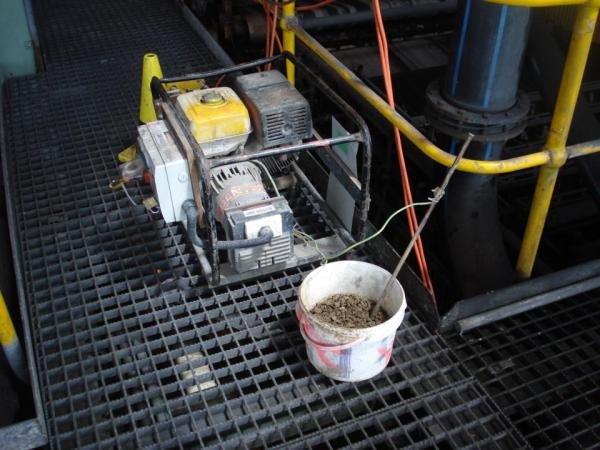It must be April 1st again!
From Henry W. Ott's big new book:
3.1.7 Grounding Myths
More myths exist relating to the field of grounding than any other area of electrical engineering. The more common of these are as follows:
1. The earth is a low-impedance path for ground current. False, the impedance of the earth is orders of magnitude greater than the impedance of a copper conductor.
2. The earth is an equipotential. False, this is clearly not true by the result of (1 above).
3. The impedance of a conductor is determined by its resistance. False, what happened to the concept of inductive reactance?
4. To operate with low noise, a circuit or system must be connected to an earth ground. False, because airplanes, satellites, cars and battery powered laptop computers all operate fine without a ground connection. As a mater of fact, an earth ground is more likely to be the cause of noise problem. More electronic system noise problems are resolved by removing (or isolating) a circuit from earth ground that by connecting it to earth ground.
5. To reduce noise, an electronic system should be connected to a separate “quiet ground” by using a separate, isolated ground rod. False, in addition to being untrue, this approach is dangerous and violates the requirements of the NEC (electrical code/rules).
6. An earth ground is unidirectional, with current only flowing into the ground. False, because current must flow in loops, any current that flows into the ground must also flow out of the ground somewhere else.
7. An isolated AC power receptacle is not grounded. False, the term “isolated” refers only to the method by which a receptacle is grounded, not if it is grounded.
8. A system designer can name ground conductors by the type of the current that they should carry (i.e., signal, power, lightning, digital, analog, quiet, noisy, etc.), and the electrons will comply and only flow in the appropriately designated conductors. Obviously false.
Henry W. Ott


